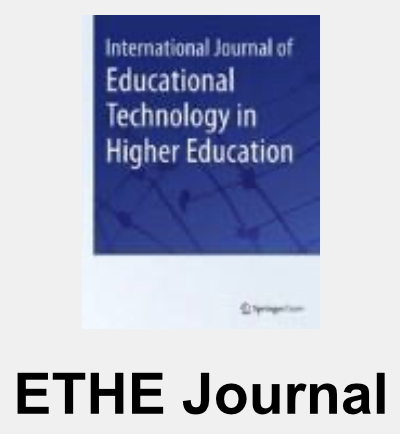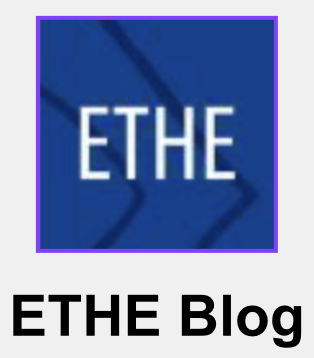The main mission of Edul@b (recognized in 2021 as a consolidated research group by the Generalitat of Catalonia (SGR 01111) is to analyze the future of education and determine the most appropriate ways for technology to contribute to the quality and improvement of educational digital transformation processes and for their quality, proposing actions that favor the transfer of knowledge and its impact on society.
To do this, the group develops different specific lines of research and uses methodologies that promote interdisciplinarity.
a) Emergent, Prospective and Future Learning Scenarios
Analysis of emerging learning scenarios (formal, non-formal and informal) and the futures of education in a context of lifelong learning, as well as the development of digital skills -including those corresponding to AI- as a need of the 21st century citizen (student-citizen focus).
b) Teacher Development in the Digital Era
Development of competency frameworks, strategies and actions for teaching, especially hybrid and online, that help with professional teaching updating in emerging and future educational scenarios (teaching focus).
c) Digital Transformation of Educational Institutions
Analysis and identification of key parameters in the digital transformation of educational organizations that involve technology, organization and pedagogy, and the development of diagnoses and action proposals to transition with quality towards organizations that respond to the educational scenarios of the future.
d) Use Technology to Support Adaptive and Significant Teaching and Learning Experiences
Take advantage of technology to create personalized, meaningful and adaptive teaching and learning experiences. It emphasizes design, prototyping and integration of advanced technologies, such as conversational agents, adaptive learning environments and personalized feedback systems. The objective is to improve the commitment and the results of both students and teachers, ensuring an ethical and effective implementation (focus on instruments).


